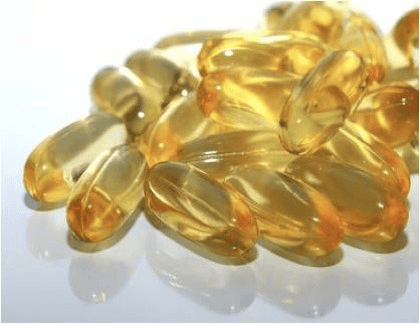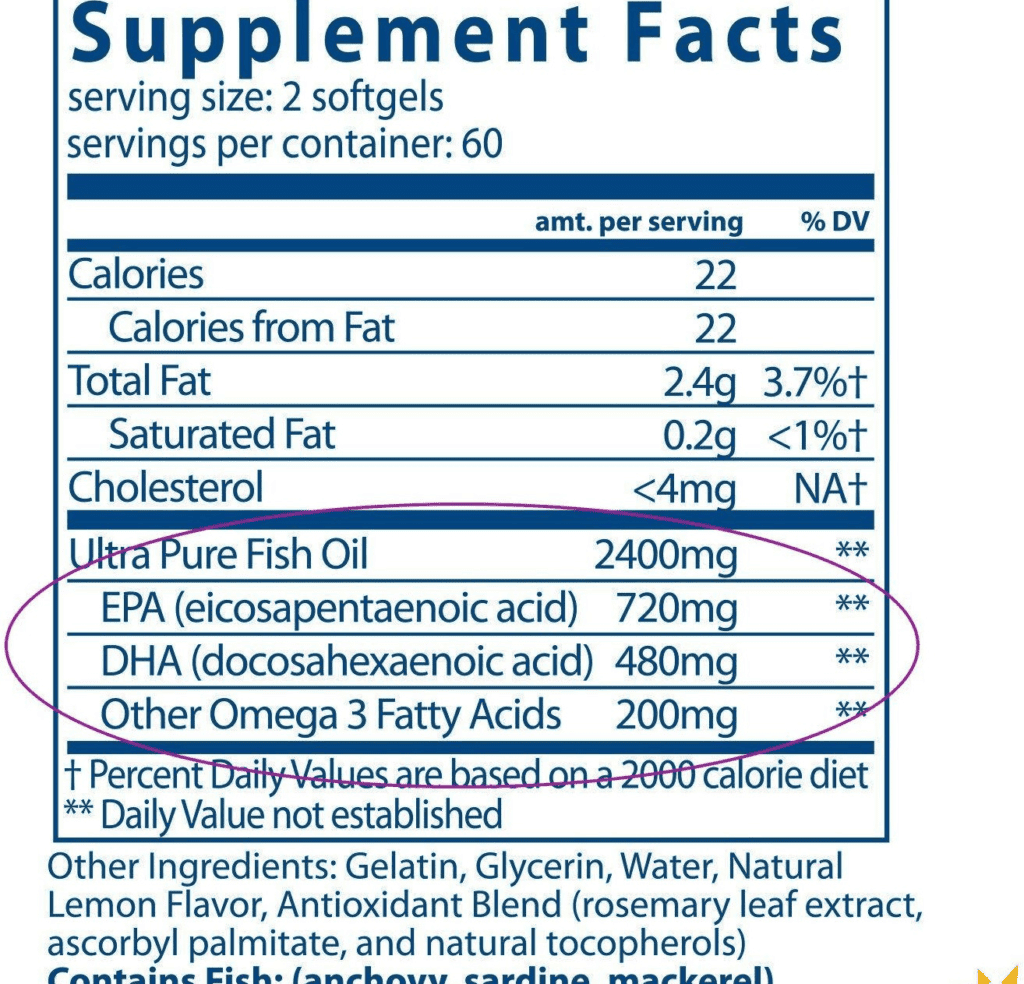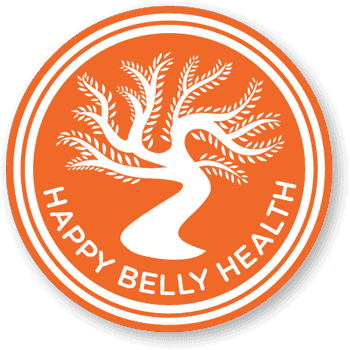You can’t open a magazine or newspaper without reading about Omega-3 fats. Yet Omega-3 Essential Fatty Acids (or Omega-3s, for short) remain one of the top American nutrient deficiencies! The body needs all sorts of different fats to function properly. Even saturated fats play a critical role for survival. Like a miraculous chemistry set, the body can typically convert most types of fat into whatever type it is missing.
Omega-3s, however, are an exception. They are one of only a few types of fats called “essential” because your body cannot make its own supply. Omega-3s must be consumed, either through diet or supplements.
Omega-3 fats are in the headlines so much today because we’ve discovered just how powerful they are at controlling inflammation. Deficiency of Omega-3s can lead to low energy, depression, weakness, vision and learning problems, dry skin, poor hair and nail growth, impaired digestion, increased risk of auto-immune conditions, cardiovascular disease, cancer, diabetes, weak bones, impaired liver and kidney function, poor glandular performance, poor reproductive performance, and greater likelihood of becoming overweight.
The good news is that Omega-3 fats are easy to consume – in either food or a supplement.
The most common source in the American diet is fish:If you enjoy a portion of fish every day, you likely have little concern about Omega-3 deficiency. It’s uncommon, for example, in much of Asia. Fish (especially fattier varieties like salmon, mackerel, halibut, sardines, and anchovies) has an abundance of EPA (eicosapentaenoic acid) and DHA (docosahexaenoic acid), types of Omega-3 that reduce inflammation throughout the body, especially for your heart, arteries, and brain (including depression). For vegans, algae, which is the dietary source of omega-3s for fish, is a quality alternative. Flaxseed is another abundant vegan source of omega-3s via ALA (alpha-linolenic acid), a type of Omega-3 which has been shown to reduce triglycerides, blood sugar, and potentially harmful LDL cholesterol. ALA is also found in foods, such as walnuts, chia seeds, hemp, navy beans, and avocado. In a healthy body, we can convert excess ALA to EPA and DHA – but only up to about 8% for men and 10-20% in women! Between poor overall conversion of ALA dietary plus common inadequate intake of EPA and DHA, most people likely need an Omega-3 supplement to reach adequate levels of this critical nutrient.

Fish and algae oils are therefore likely better choices over flaxseed oil. Furthermore, from a practical perspective, oxidized (or rancid) fats will cause inflammation vs. prevent it, and flaxseed oil is particularly vulnerable to oxidation from heat, light, and air. If you do choose to obtain ALA omega-3s from flaxseed, eating freshly ground flaxseed is a better alternative.
Where did cavemen buy their fish oil? If Omega-3s are so important, how did early humans manage to thrive on a limited diet? Especially those living inland without fish and with minimal, seasonal food choices? They certainly didn’t zip down to the Vitamin Shoppe to take advantage of a sale! The answer is grass. Fish aren’t high in Omega-3s because of anything endemic in fish; it’s because fish eat algae and seaweed. And they are efficient at translating that greenery into Omega-3s in their flesh. Early man got Omega-3s from the meat they hunted.
Similarly, meat today from grass-fed, pastured, or wild animals that are allowed to forage for natural foods also contains Omega-3s, and so these foods (plus the dairy from these animals) are other complementary sources of omega-3s. Contrast these animals to those raised using widespread “factory farming” practices in the US, with almost all of these animals never allowed on pasture and fed corn feed soaked in high-fructose corn syrup. The impact? No Omega-3s in conventionally raised meat.
Early man also didn’t struggle with the imbalance of fats the typical American consumes today. Given the American economic subsidy of corn and soybeans, most of the oil we eat is Omega- 6 oils (e.g. corn, soybean, safflower, sunflower, etc). This is almost certainly what you are eating in convenience, processed snack,
drive-thru, and restaurant foods. Thus Americans consume a lot of Omega- 6s! Early man consumed Omega-3s
and Omega-6s in a 1-3:1 ratio. Today, our ratio is closer to 30 or even 50:1. The impact? The Omega-6s become inflammatory, and we suffer from Omega-3 deficiencies.

Now that you have considered your dietary pattern, if you aren’t getting a consistent daily dose via food, an Omega-3 fish or algae oil supplement may be in order. They are available in softgels and liquids (and gummies for kids). If you are an otherwise healthy adult, you may benefit from an additional 1000mg Omega-3 fats per day. If you struggle with chronic inflammation, you may need as much as 2000-3000mg Omega 3s daily. This is not the same as 1000mg of fish oil; you will need to carefully read the supplement label for total omega-3s, or the sum of EPA plus DHA plus other omega-3s. Be careful when you think you’ve found “a bargain”. Most low-end manufacturers dilute their fish oil, so 1000mg fish oil might not get you much actual Omega-3 at all. You might have to take 6 or 8 capsules to get a good dose.
Sometimes the seemingly more expensive brands are actually a better deal because they are more concentrated, and so your daily dose is a smaller number of softgels.
Also check to be sure the Omega-3 supplement you choose is purity certified by a 3rd party and preferably molecularly distilled. Cheap fish oil capsules will often taste and smell fishy, plus you risk getting a dangerous dose of contaminants like PCBs and heavy metals, especially mercury. Far worse than not getting enough Omega-3 fats is getting toxic in the process of getting them. Supplements are not where you want to choose the cheapest thing you can find. From among widely available brands in stores, Nordic Naturals and Carlsons are of good quality. Your practitioner may have other quality recommendations as well.
If you would like some customized support to delve deeper into your health and nutrition, let’s chat.
© Purpose Inc., The School of Applied Functional MedicineTM





